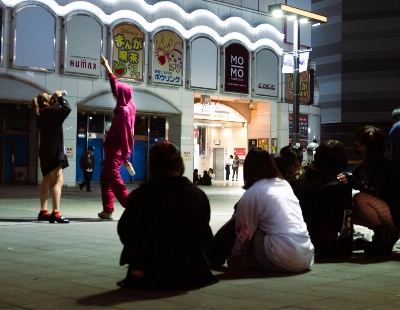Japan and other major industrialized nations should open up their agricultural markets to give developing countries the opportunity to sell their goods on an equal footing, according to Ian Goldin, vice president of the World Bank.
Goldin, who left Tokyo on Tuesday after a four-day visit, expressed regret over the September failure of World Trade Organization talks in Cancun, Mexico.
The WTO talks broke down as developing nations criticized rich nations for refusing to offer meaningful concessions on market access and subsidies.


















With your current subscription plan you can comment on stories. However, before writing your first comment, please create a display name in the Profile section of your subscriber account page.